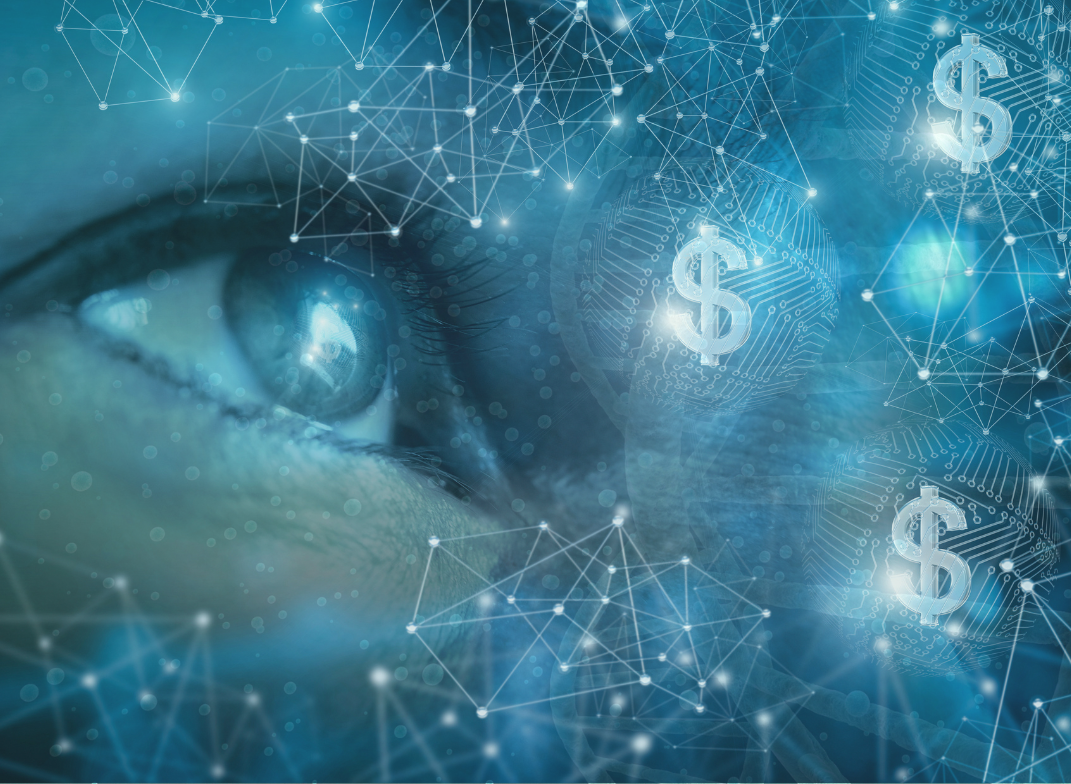Aggregated News

Earlier this year, I had dinner in D.C. with Jensen Huang, the president and chief executive of Nvidia. At one point, he said something that struck me: “Why is everyone here so negative?”
He wasn’t referring to the economy or politics when he described the mood as “somber.” He was addressing the attitude about artificial intelligence — one that is shared by many of the country’s leading AI theorists. The dominant sentiment toward AI isn’t curiosity, optimism or ambition. It’s fear of an apocalypse.
This fear is evident whether you are attending a think tank discussion on the future of AI or having a private dinner conversation. The concern heard often in Washington, and sometimes in technology circles, is that if action isn’t taken swiftly, AI might become sentient, break free from human oversight and pose a threat to us — either physically or economically.
Right now the AI debate is dominated by two extremes. Doomers believe AI will become godlike and destroy us. Zealots believe AI will become godlike and save us. Their conclusions are different, but their...



